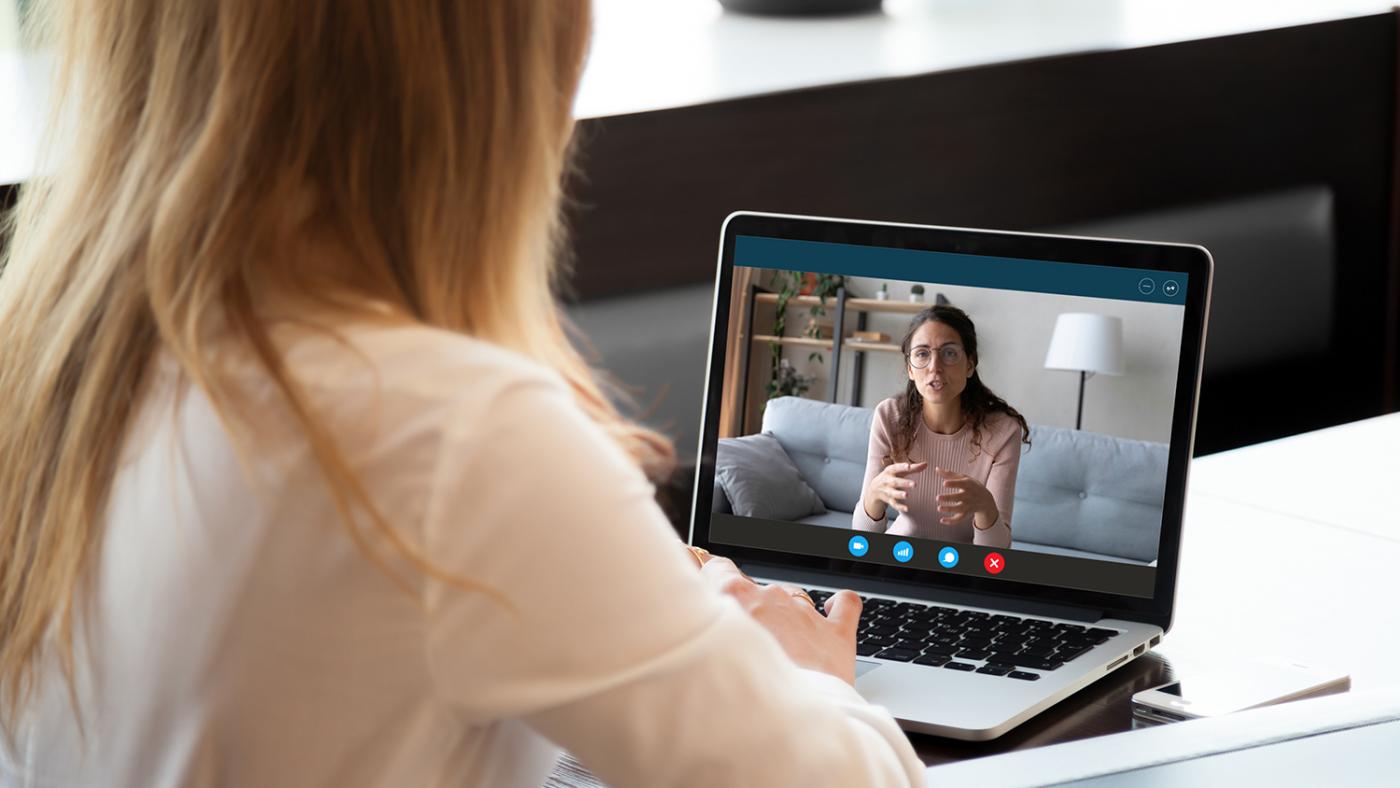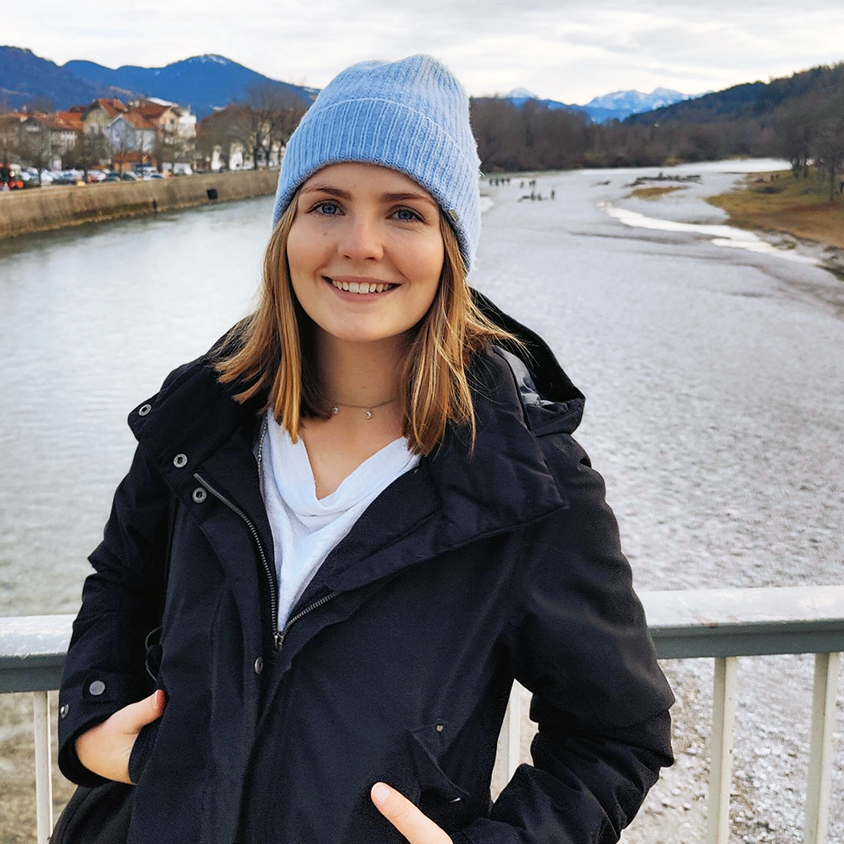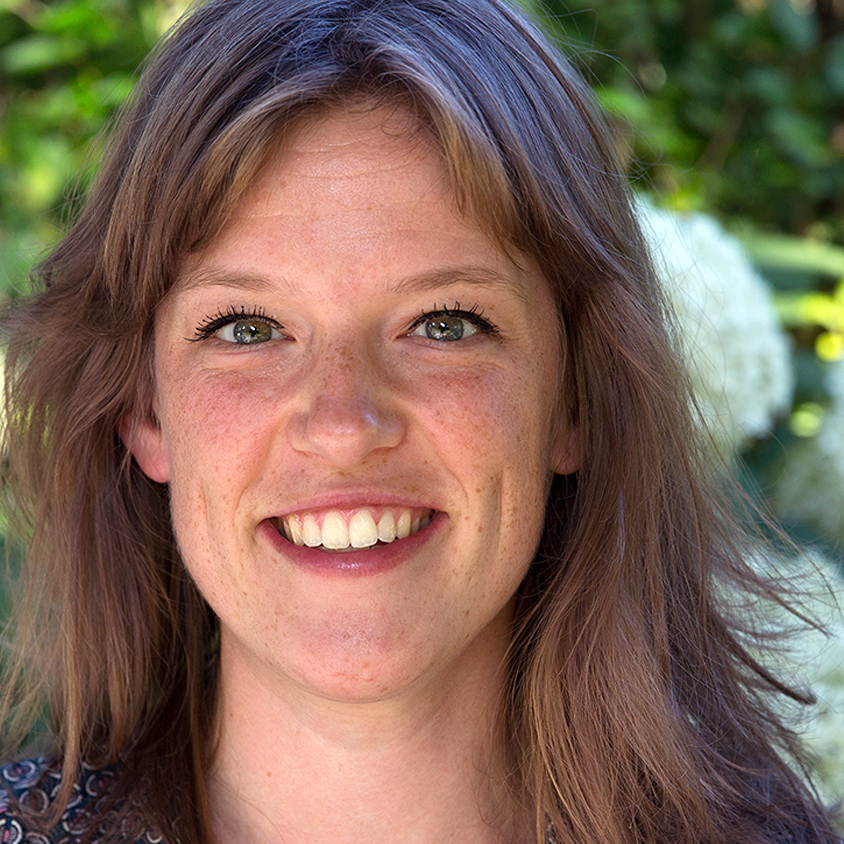Study problems? UU makes online coaching available

The Online Coaching Center was devised by Hamed when the Netherlands had its first lockdown, in March 2020. Suddenly, all classes had to take place online. He participated in UU's Incluusion programme, which allowed him to follow the course Coaching & Training: theory and practice, ministered by Assistant Professor Daniëlle Vlaanderen at the faculty of Social & Behavioural Sciences. She asked Hamed what he could contribute to her course. A week later, the plan for the OCC was on her desk.
Hamed's idea was to create an online centre where students could find help with issues they commonly face in their life and studies. “It had to be a place that did more than solving problems. It’s also about personal growth, development and unlocking students’ potential", he explains. The coaches were recruited among the best students of Vlaanderen’s course, so they could gain work experience. “Hitting two birds with one stone”, as Hamed puts it.
Such an online centre did not yet exist at Utrecht University and was thus an addition to the support offered by UU on campus, which had been hampered or interrupted by the lockdown. Moreover, the switch to online education and other measures to combat Covid-19 were expected to cause even more study problems. "In a crisis, people tend to seek each other out, but Covid required us to keep a minimum distance of one and a half metres from each other”, says Hamed.
Motivation problems
Hamed and Daniëlle joined forces to set up the online centre. In June 2020, the OCC was launched. Students who turn to the service often struggle with organising their studies in a structured manner, staying motivated, or standing up to fellow students who don't work as hard as the others on group assignments. These problems existed way before the pandemic, of course, but more students started to run into them because of Covid.
Other issues that can generate study problems include the increased loneliness among international students, who miss a social network; missing having a routine, like cycling to campus every morning; or missing the company of other students, with whom they can complain about the slacker of the group. “But sometimes we notice that a student has bigger problems, which makes them depressed", says Vlaanderen. “We refer those students to the student psychologists, but we do keep the conversation going about the other questions they may have.”
No ready-made answers
Psychology student Anna Sulyok and Medicine alumna Veerle Siebinga both serve as coaches at the OCC. Vlaanderen thought the students had what it takes to do this job well, so she asked them if they were interested in gaining some work experience at the OCC. Anna (24), an exchange student from Germany, reacted enthusiastically. “It's a great opportunity to develop further coaching skills, and also to stay connected to Utrecht and the people I met there.”
Veerle (25) was also pleasantly surprised by the invitation and immediately said yes. “I took the coaching course because my roommate was enthusiastic about it. It seemed like a valuable addition to my Medicine curriculum. I figured it could be valuable for a doctor to apply a coaching approach when appropriate, especially since it's something not so many Medicine students are interested in. Therefore, I wanted to learn more about it as both a future doctor and a human being.”
If you think the coaches have ready-made answers at the tip of their tongues, think again. Anna: “In the beginning, it often seems like a challenge for the students to not just sit back and be advised, but actually come up with solutions themselves and take over the steering wheel.” Veerle: “Our job is to support them in their process of coming up with solutions themselves”. As Anna concludes, “the idea is to empower them.”
More feedback The fact that they are still in training has never been a problem for the coaches.
The fact that they are still in training has never been a problem for the coaches.
“We explain that we are still in training and would love to learn. Feedback is therefore very valuable”, states Veerle. Anna: “The course prepared me well regarding basic coaching skills. Regular meetings with members of the OCC help me to reflect and further improve my approach to coaching.”
The goal of the OCC is to ensure that all people involved learn from the experience, Vlaanderen explains. “The one who submits the question gets the undivided attention of the coach, who will search for new perspectives on the issue and a possible solution together with the student. The coach uses the experience gained by the conversation and the feedback gotten from the student to grow as a coach. The coaches also learn from each other when they share their experiences in a peer-to-peer review, conducted under the guidance of a teacher or expert coach from the field.”
Another added value, according to Vlaanderen and Hamed, is that the coaching course is followed by students -- both Dutch and international -- from all corners of the university, which ensures "a broad perspective". Hamed: “We now have 51 coaches and ten expert advisors working with us, and we offer this service in eleven languages including the English sign language.”
Snowball effect
The OCC offered their services to a broad group of students during UU's Wellbeing Week, which took place in May 2021. Then, thirty students came forward with a request for help. There was such a demand for the service that the number of students seeking them rose in the following weeks. With each coach having three to five sessions with each student, a total of more than two hundred coaching sessions were conducted, recollects initiator Hamed. “It was a snowball effect”, says Vlaanderen.
The university saw the OCC as a complement to its own offer. The coaching centre now receives funding from the National Education Programme (NPO in the Dutch acronym), which allows them to reimburse the coaches for their work. Before those funds were made available, all coaches were volunteers. To Hamed, the financing is a token of appreciation: “I am delighted that we are now getting money from the university and we're able to pay our coaches.”
For students in need of help, the service is still free – something that the two founders find extremely important. “That way, everyone – inside and outside the university – can be advised a coach”, Hamed explains. Vlaanderen adds: “Coaches are expensive and we think that everybody interested in developing themselves could use a coach sometimes because getting a different perspective on a question provides room for change.”
What makes the centre special, according to the initiators and the coaches, is the fact that the coach and the coachee are both students. “You are being helped by a peer”, says Hamed. “They know each other’s world.” According to Veerle, the fact that the session takes place online is also a great advantage. “You are both sitting in your own room, a familiar environment. Therefore students are more comfortable talking about the things they struggle with.”
Since more and more students turn to OCC, they need more coaches, says Vlaanderen. “Besides the students from my own course, we are now trying to recruit coaches from other colleagues’ courses such as Psychology and Management & Organisation.”
Next to the Online Coaching Centre, Hamed is also one of the founder of the Online Coaching Academy. After all, UU students are not the only ones who could use some help right now. At present, students from 25 countries on four continents are knocking on their doors.
The idea for this international Online Coaching Academy doesn’t come out of the blue. As a new comer he followed several courses and projects through Incluusion; they were all part of the puzzle of my rebirth. “The people I met in this country empowered me to overcome all uncertainty and insecurity, endure missing my loved ones and losing all I had in my life, and start from scratch. My success is the result of diversity, Incluusion and community-engaged learning. I was like a tree pulled out without roots. Daniëlle for me is a warm hand of Dutch society who put me in a pot allowing me to grow new roots and OCC is the fruitage of my new roots. I had to leave my family behind, and now I see the OCC and the university as my new family. This success also proves that new comers can be resources for their new country.”